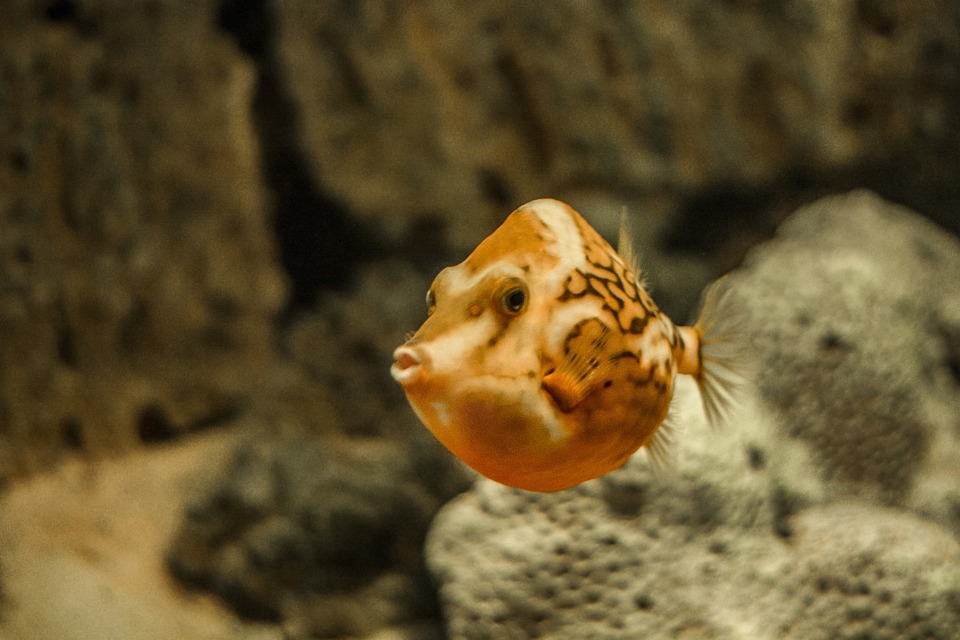Introduction:
Maintaining a healthy aquarium ecosystem is essential for the well-being of your fish. One crucial aspect often overlooked by many aquarium enthusiasts is understanding the mineral needs of disease-resistant fish. In this article, we will delve into the importance of minerals, their role in fish health, and how to provide the right mineral balance for your aquatic companions.
Why Minerals Matter:
1. The Role of Minerals in Fish Health:
Minerals play a vital role in the overall health and well-being of fish. They are essential for various physiological processes, including bone development, enzyme function, osmoregulation, and immune system support. Without an adequate supply of minerals, fish may experience stunted growth, weakened immune systems, and increased susceptibility to diseases.
2. Essential Minerals for Disease Resistance:
Several minerals are particularly important for enhancing disease resistance in fish. These include calcium, phosphorus, magnesium, potassium, and trace elements such as iron, zinc, copper, and selenium. These minerals are involved in strengthening the fish’s immune system, promoting proper wound healing, and supporting the production of disease-fighting cells.
Providing the Right Mineral Balance:
1. Water Parameters for Optimal Mineral Levels:
To maintain the right mineral balance in your aquarium, it is crucial to monitor and adjust the water parameters. Test kits are available to measure mineral levels, including pH, hardness, and alkalinity. Different species of fish have varying mineral requirements, so it is essential to research the specific needs of your fish and adjust the water parameters accordingly.
2. Natural Sources of Minerals:
One way to provide minerals to your fish is through natural sources. Live plants, rocks, and corals can release minerals into the water, providing a more natural and balanced environment. Additionally, incorporating a varied diet that includes mineral-rich foods such as algae, seafood, and vegetables can help meet your fish’s mineral requirements.
3. Commercial Mineral Supplements:
In some cases, natural sources may not provide sufficient minerals for disease-resistant fish. In such instances, commercial mineral supplements can be used to ensure the fish receive the necessary nutrients. These supplements come in various forms, including liquid additives, powdered supplements, and mineral-rich food pellets. It is important to follow the manufacturer’s instructions and dosage recommendations when using these supplements.
Frequently Asked Questions (FAQs):
1. Why are minerals important for fish health?
Minerals are essential for various physiological processes, including bone development, enzyme function, osmoregulation, and immune system support.
2. How can I determine the mineral levels in my aquarium water?
Test kits are available to measure mineral levels, including pH, hardness, and alkalinity.
3. Can I overdose my fish with minerals?
Yes, excessive mineral supplementation can be harmful to fish. It is important to follow dosage recommendations and monitor water parameters regularly.
4. Are there specific minerals that boost disease resistance in fish?
Minerals such as calcium, phosphorus, magnesium, potassium, and trace elements like iron, zinc, copper, and selenium are important for enhancing disease resistance in fish.
5. Can tap water provide enough minerals for my fish?
Tap water may not provide sufficient minerals for disease-resistant fish. It is recommended to test the water parameters and supplement as necessary.
6. Do different fish species have different mineral requirements?
Yes, different fish species have varying mineral requirements. It is important to research and understand the specific needs of your fish.
7. How often should I test my aquarium water for mineral levels?
Regular monitoring of water parameters is crucial. Testing every few weeks or whenever there are signs of mineral deficiency is recommended.
8. What are the signs of mineral deficiency in fish?
Signs of mineral deficiency in fish include stunted growth, skeletal deformities, weakened immune systems, and increased susceptibility to diseases.
9. Are there any risks associated with mineral supplements?
Excessive mineral supplementation can be harmful to fish. It is important to follow dosage recommendations and monitor water parameters regularly to avoid any risks.
Conclusion:
By understanding the mineral needs of your disease-resistant fish, you can significantly contribute to their overall health and well-being. Remember to monitor the mineral levels in your aquarium water regularly, provide natural sources of minerals, and use commercial mineral supplements when necessary. With the right mineral balance, your fish will thrive in a disease-resistant environment, ensuring their longevity and happiness.









